How do Brazilian consumers perceive specialty coffee flavors since they are allowed having only coffee produced within Brazil’s territory? This is the main question the anthropologist, Sabine Parrish, had in mind before starting her PhD at Oxford University. During her research, focusing especially São Paulo city, she visited about 27 farms, worked in specialty coffee shops and attended lots and lots of coffee events.
Back to Europe, she is organizing her thoughts and started writing her thesis about coffee Brazilian market. The most intriguing fact – the Exportation Type Coffee concept – is explained in this episode. What about learning a little bit more about the biggest producer in the world?
EP 08: Antropologia do Café por Sabine Parrish
EP 14: Price Crisis and Domestic Market with Vera Espíndola
Guest:
Sabine Parrish, doctoral student in anthropology at Oxford University and Standart Magazine writer.
RESUMO:
Como os consumidores brasileiros entendem os sabores de café especial considerando que só podem consumir grãos produzidos no Brasil? Essa é a principal pergunta que a antropologista, Sabine Parrish, tinha em mente antes de começar seu doutorado pela Universidade de Oxford. Durante sua pesquisa, com foco especial em São Paulo, ela visitou cerca de 27 fazendas, trabalhou em cafeterias de cafés especiais e frequentou muitos e muitos eventos de café.
De volta à Europa, ela agora organiza seus pensamentos e começou a escrever sua tese sobre mercado brasileiro de café. O fato mais intrigante – o conceito de Café Tipo Exportação – é explicado nesse episódio. Que tal aprender mais um pouquinho sobre o maior produtor do mundo?
SHORT CUT
11’45” – Insgiths about coffee consumption market in Brazil
21’02” – First steps of Sabine’s research in São Paulo
31’12” – What is Exportation Type Coffee (Tipo Exportação) for local consumers?
40’32” – For a country that consumes only Brazilian coffee, why not developing a relevant Brazilian Flavor Wheel?
Audio edition: Eduardo Garcia
Images: Courtesy of Sabine Parrish
TEXTO CURTO:
Did you know that – nowadays – coffee producers obtain an average 4% to 5% of the retail price? This uncomfortable truth stirred the international market and investing in domestic consumption in producing countries became a reasonable part of the solution. We talk about this with the Development Economist and SCA Board Director, Vera Espíndola.
COFFEA SUPPORTERS:
Amanda de Brito Andriotta, Bruno da Mata, Cintia de Matos Mesquita, Érika de Moraes Oliveira Marques, Felipe Wakim, Giovana Nacarato, Heitor Marques, Livia Torelli, Luiza Balthazar, Luiza Burleigh, Manoela Andrade, Marcia Yoko, Pablo Yuba, Rafael Serato, Renata Kurusu Gancev, Vitor Carvalho Miranda, Thiago Antonio Aires Ribeiro, Marcio Vasques, Vinicius Porazza, Flavia C Pogliani, Napoleon G Mizusawa, Loris Robert Heleno, Lidiane Maria dos Santos, Heitor Costa Marques Júnior, Leandro Dessi de Paula, Ana Paula Rosas Batista, Cristiane Zancanaro Simoes, Juliano Goes, Matheus Almeida, Rodrigo Mascarenhas, Alex Machado Borges, Erica Cremonini Takano, Fernando Batista, Luiz Humberto Melchert Marques, Reynaldo Anauate, Silvia Magalhaes, Minas Espresso INC, Bruno Nobre, Janice Kiss, Renan D Brito, Isabella Brioitto de Melo, Ana Cristina Machado, Ciro Mecenas, Luiz Guilherme Couto Pereira, Viviani Rocha, Luiza Silva Balthazar, Veronika Maria Borges da Fonseca Japiassu, Filipe Mello Correa, Sandra Paola Bittelbrunn, Rafael Augusto Menezes Lohmann, Rodrigo Bertolotto, Lidia M Oliveira, Concetta Marcelina, Gustavo M Figueiredo, Gisele Rodrigues Coutinho, Nayra H V Caldas, Erica Cremonini Takano, Sandra Sousa, Tiago Ebisui, Lucas Veturim, Pablo Kadji Yuba, Antonio Pinto, Fred Ziegler, Nelson do Nascimento Vieira Calheiros Junior, Tiberio Valença Ribeiro, Marcel P D Maia, Carolina Wolff Schwambach Gomide, Natalia B Gomes, Giovana Nacarato, Rebecca Nogueira, Manoela T Andrade, Rafael Serato, Roberta F S Silva, Aline Codo De Faria, Regina Machado, Breno Augusto Marques da Silva, Marcia H T Santos, Mariano Martins de Almeida Monteiro, Lara Campos Lima, Mariana Lobato, Marcia Yoko, Samua Furlan Jacyntho, Martha Grill, Isabela Caper, Fabiola Filinto, Mariano Martins, Amanda Lube Murphy, Anderson de F Chaves Freitas Chaves, Paula Dulgheroff, Bruna Soares, José Renato Rodrigues Alves, Christiane Guillard, Josiana Bernardes, Angelo de Assis, Fernando Santana, Franciele Gomes, Michelle Johnson, Bruna Dias, Sergio Henrique Miranda Junior, David Santos, Ana Carolina Rizzi, Felype Hastenreiter Leite Rodrigues, Minervina Maria Monteiro Mendes, Aguinaldo José de Lima, Giuliana Bastos, Gustavo Martins Stu, Jéssyka Planski, Loraine Barcha Garutti, Regina Célia Barbieri Machado, Julio Villasmil Kupferschmid, Carlos A B Dias, Pedro Hastenreiter Leite Rodrigues, Valdick Oliveira, Arthur Rieper.
Podcast: Play in new window | Download
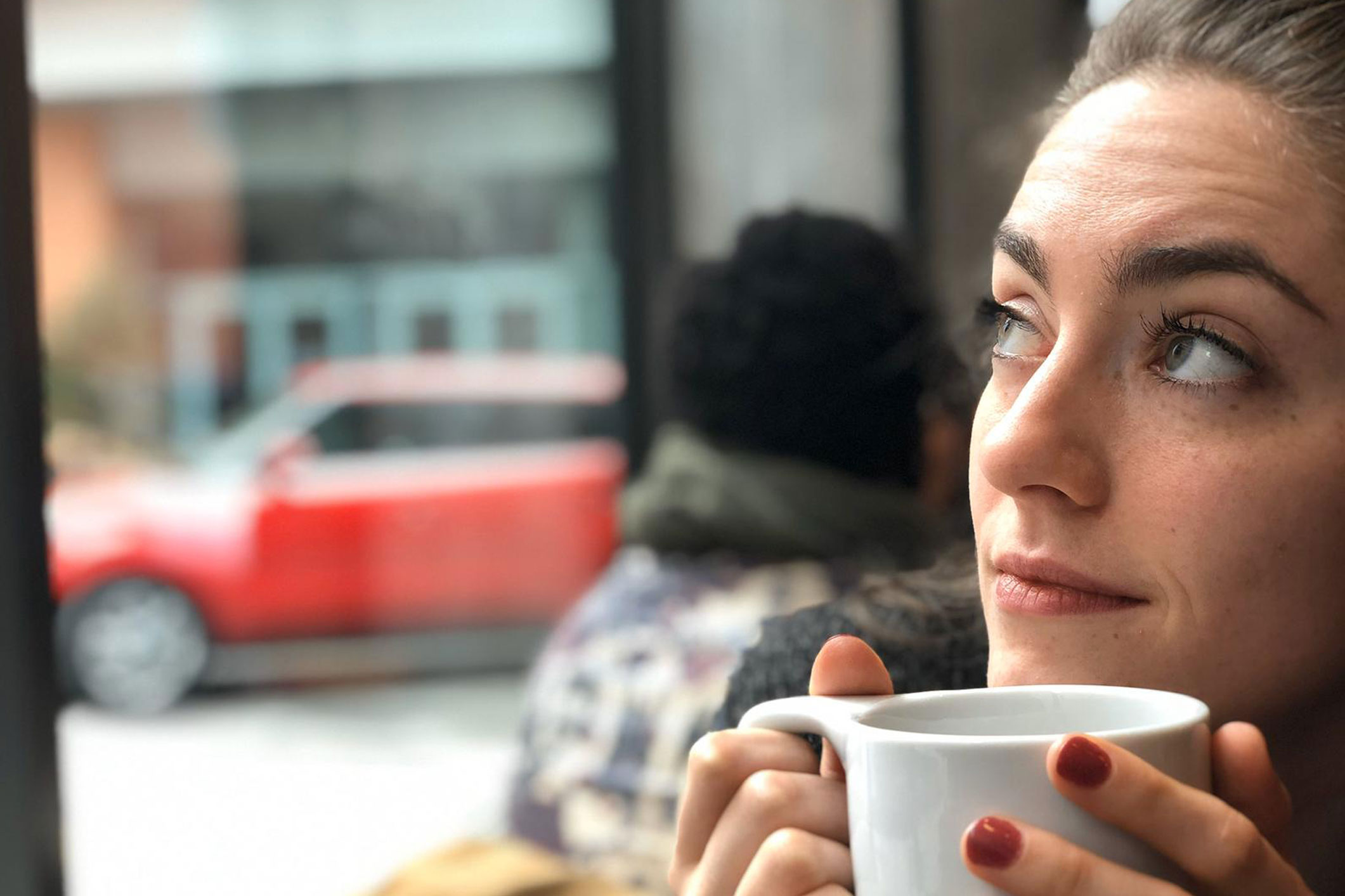
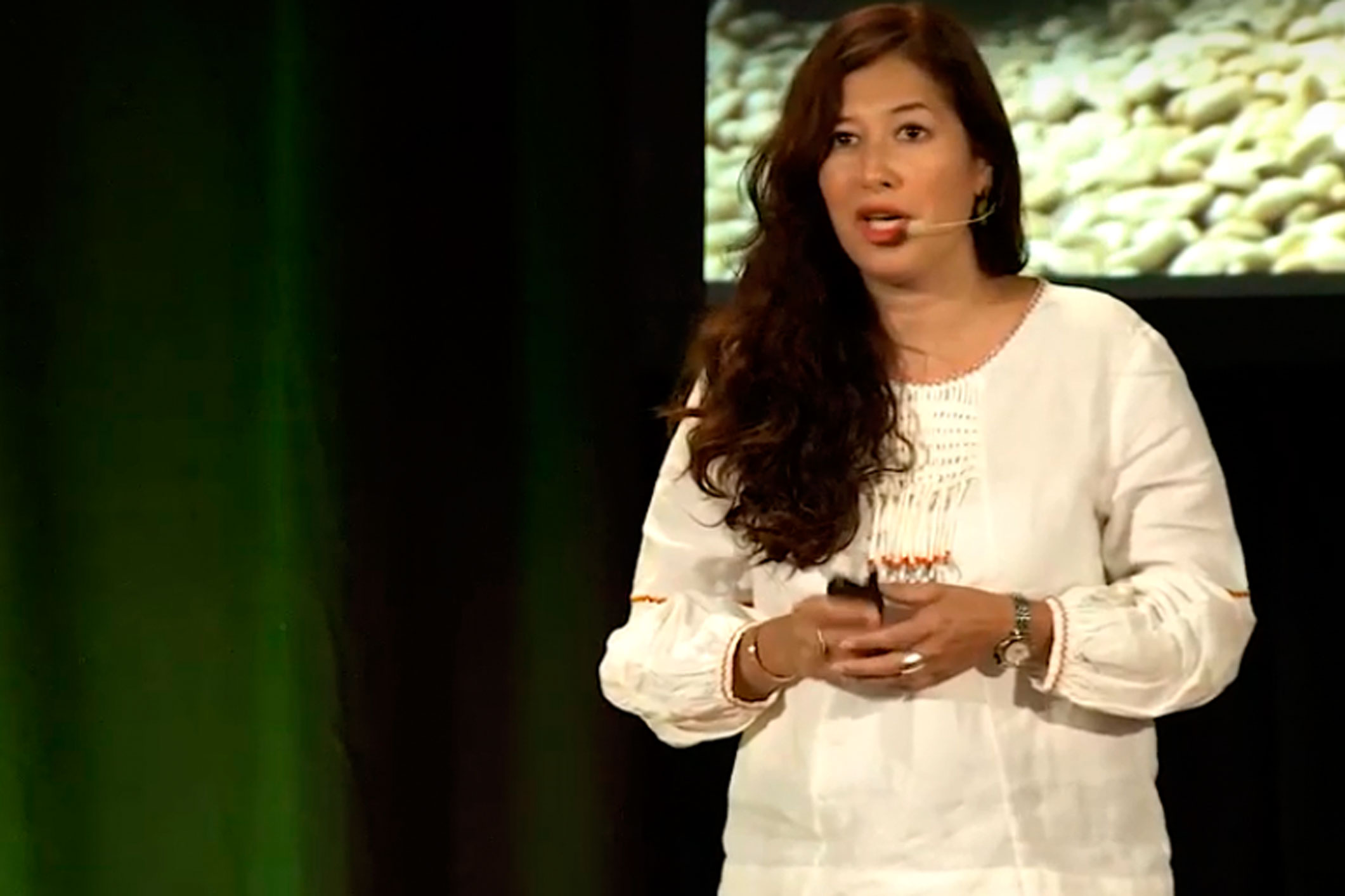
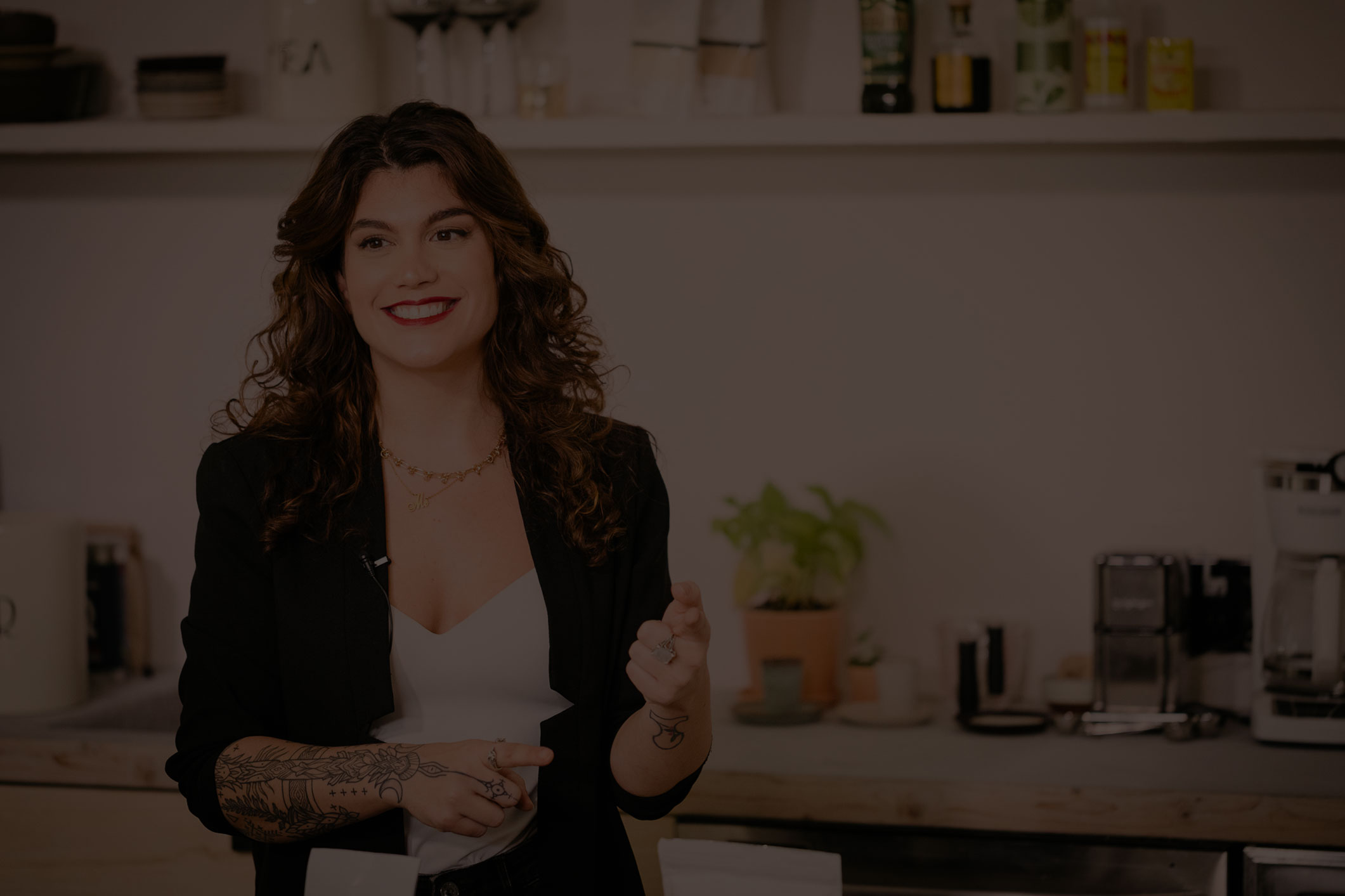
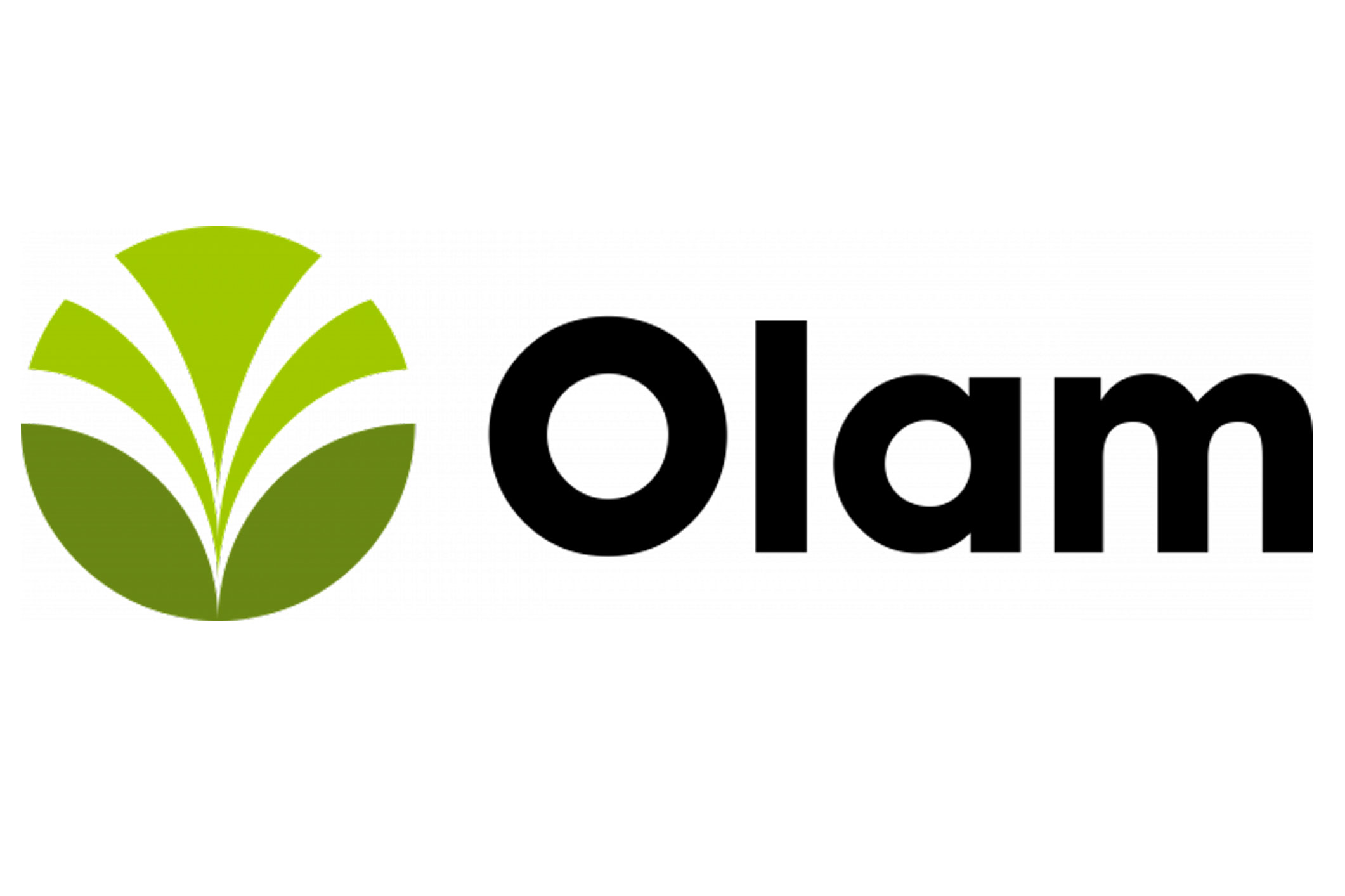
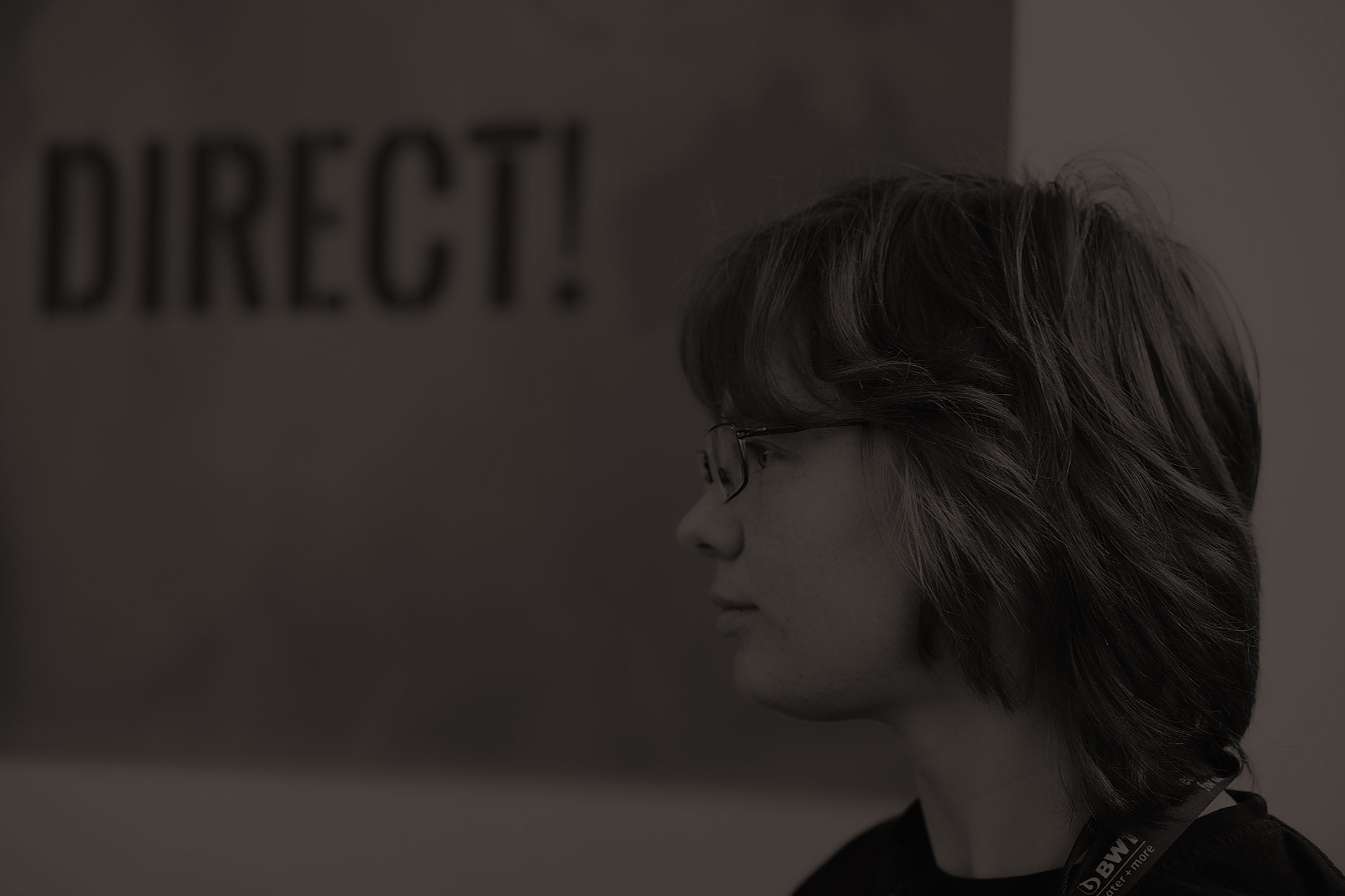
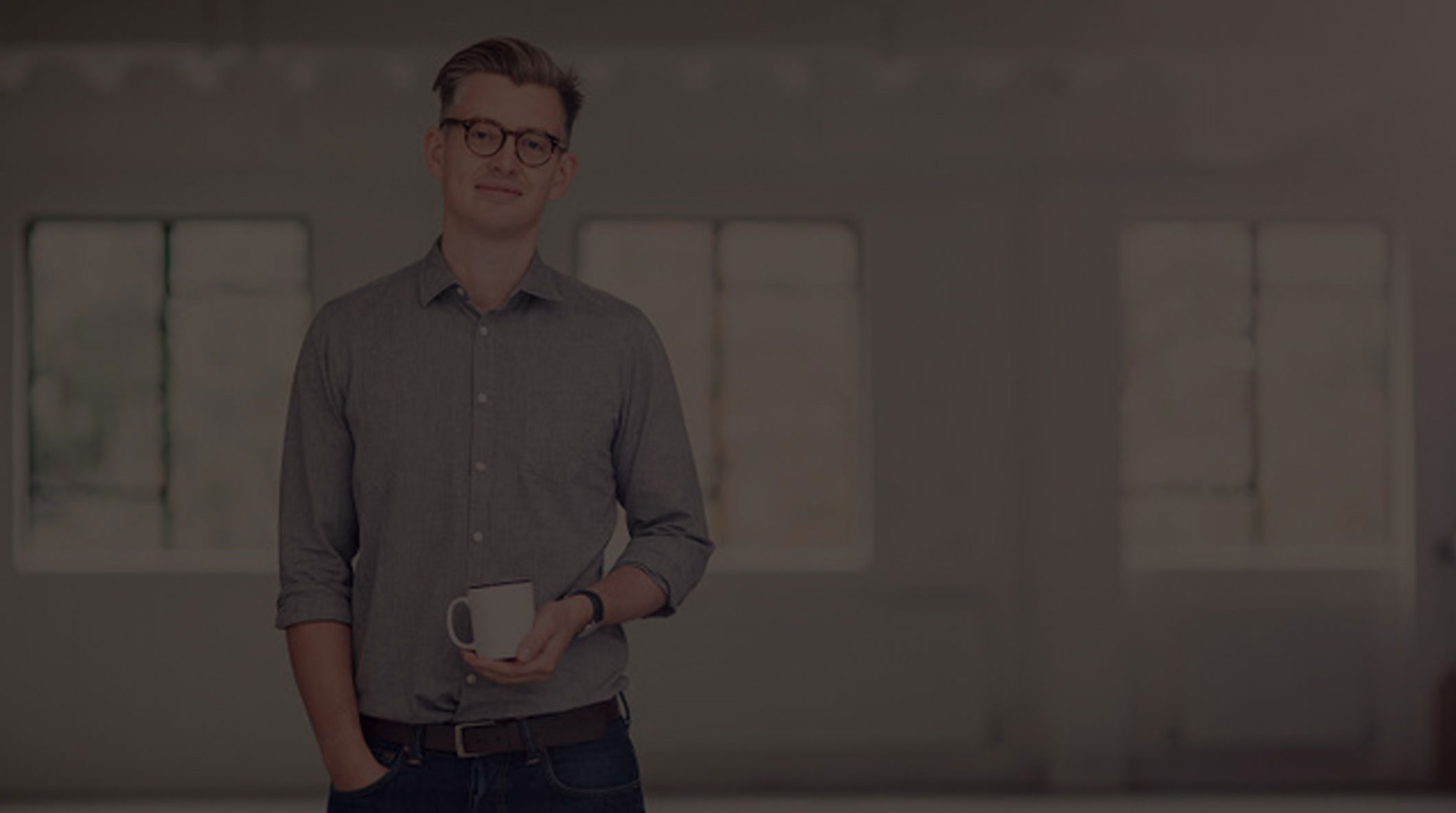
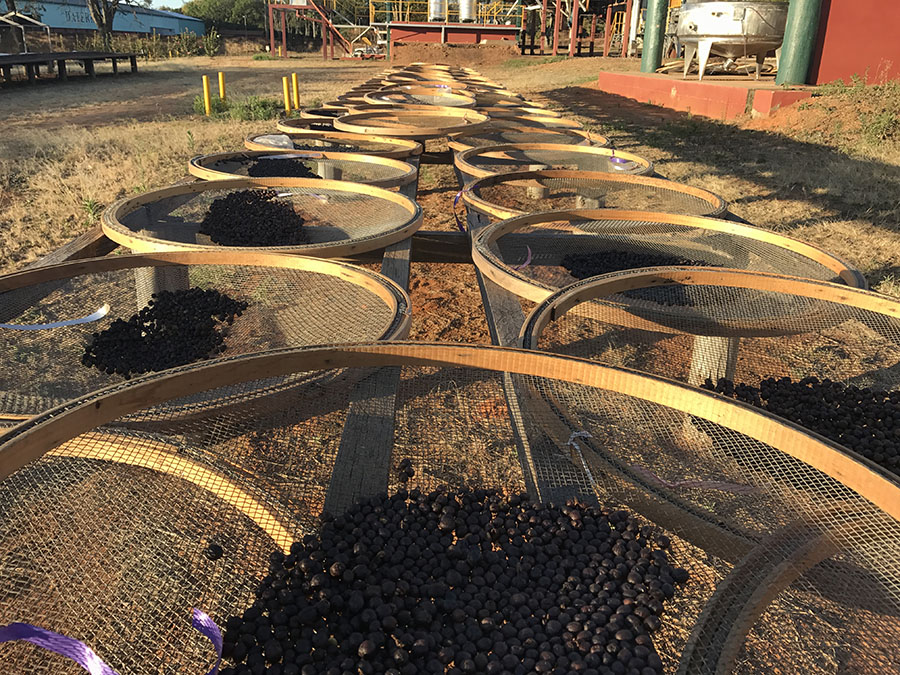
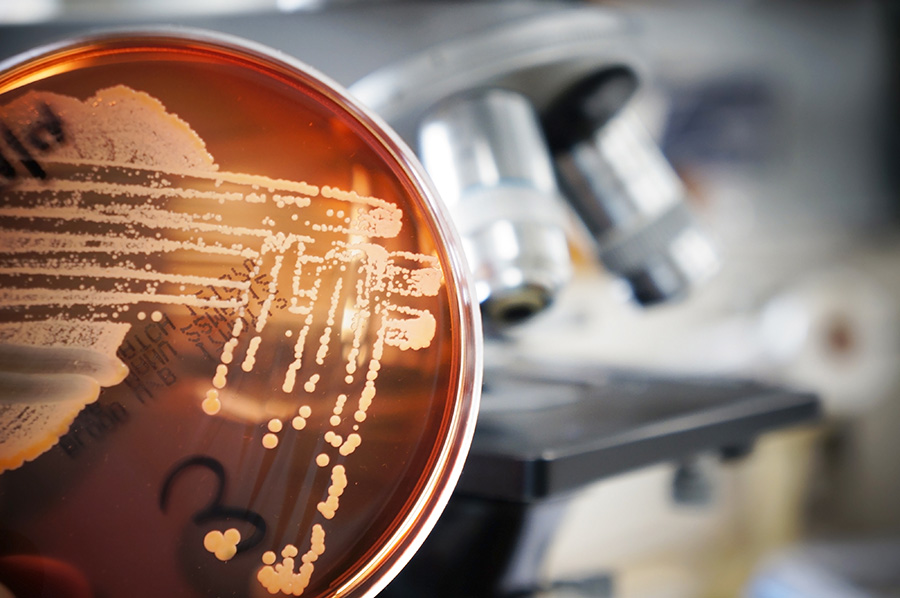
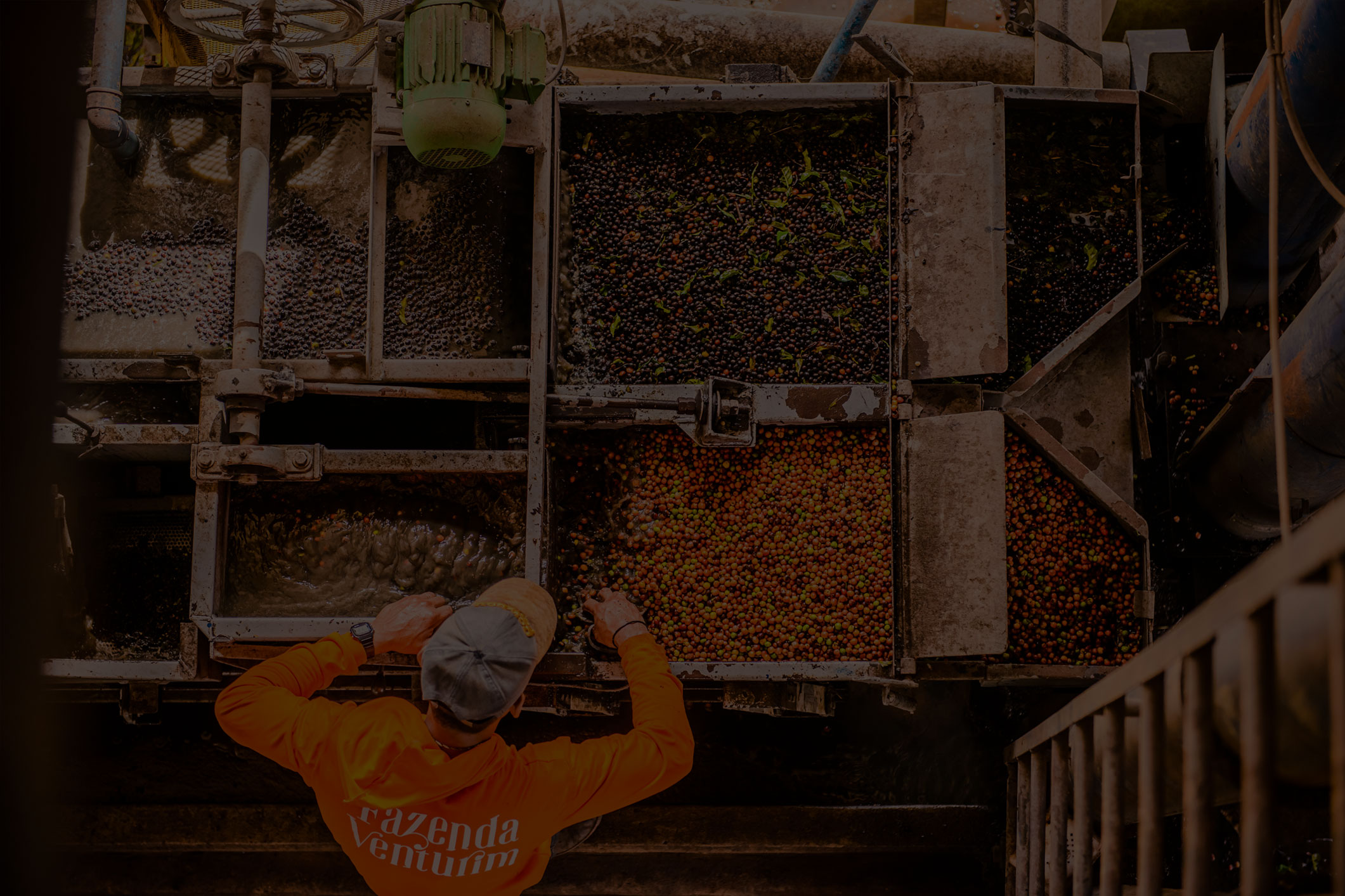
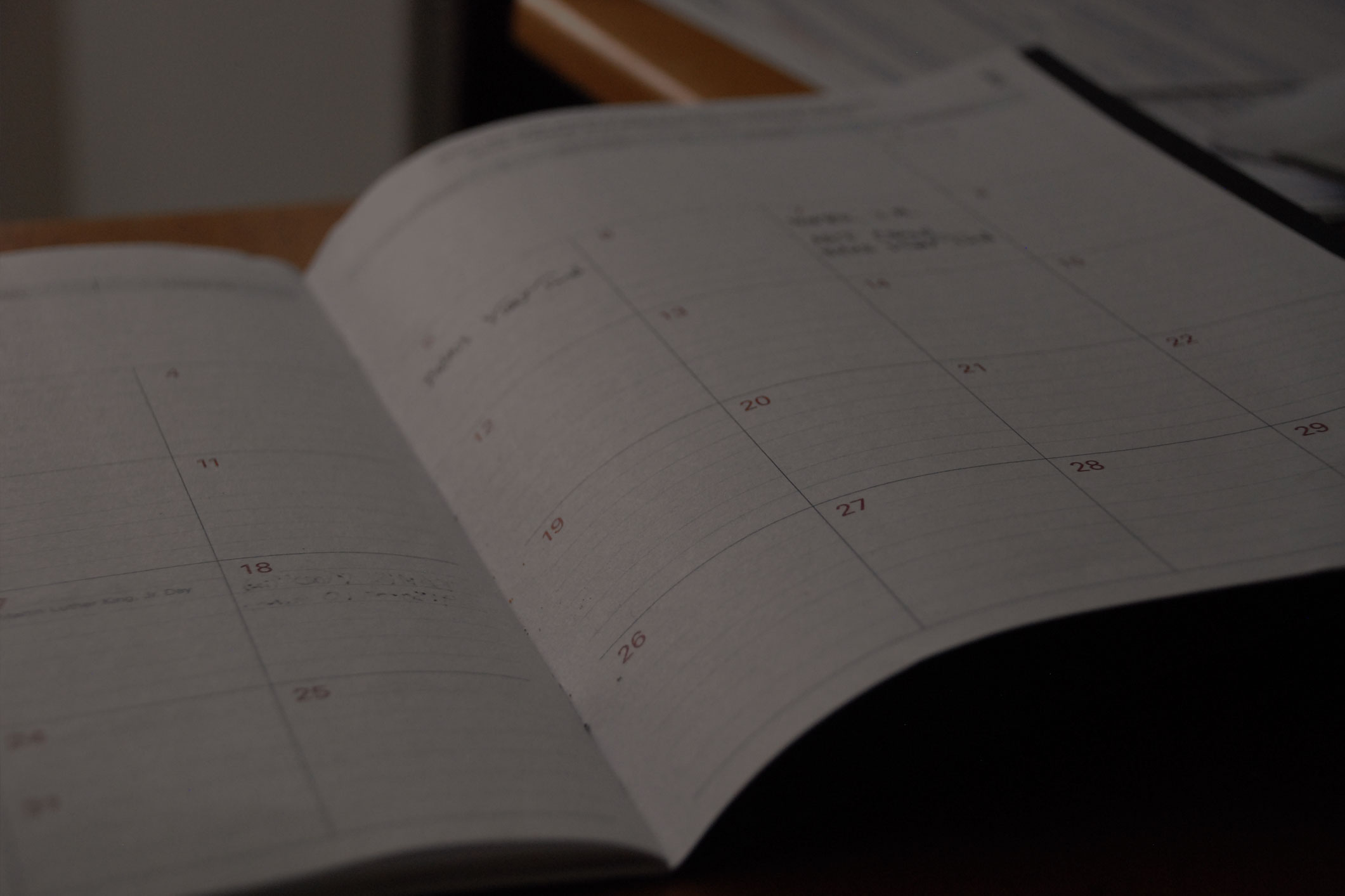
Comentários